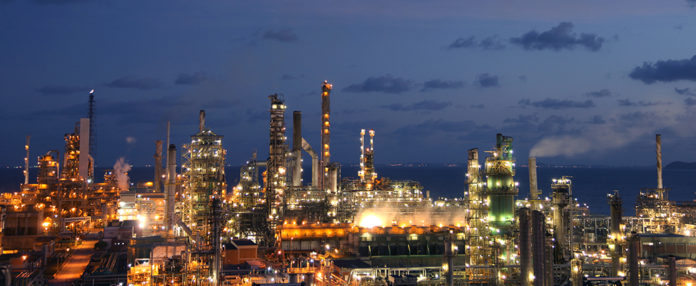
Petrobras announced on Feb. 8 that it has agreed to sell its Landulpho Alves Refinery in Mataripe, Brazil, to Mubadala Investment Co. for U.S. $1.7 billion. Known as RLAM, the refinery has a base oil plant with capacity to make 1,750 barrels per day of API Group I base stocks.
The offer from Mubadala came in the final round of the binding phase for the sale of the refinery. The deal is still subject to approval by relevant corporate bodies. Petrobras had been in exclusive negotiations with Mubadala since late last year.
Mubadala manages a diverse portfolio of assets and investments in the United Arab Emirates for its shareholder, the government of Abu Dhabi, where the company is based. The company also has offices globally in six other countries, including Rio de Janeiro, Brazil. Mubadala’s other refinery investment in its portfolio is Parco, a 100,000 b/d refinery in Pakistan. Mubadala’s portfolio also has three companies in Brazil – including chemical company Borealis and private iron ore port terminal Porto Sudeste – and other companies in several other South American countries.
Petrobras, Brazil’s national oil company, said the competitive processes for the sale of several of its other refineries remain in progress. This includes the Northeast Lubricants and Derivatives refinery – known as Lubnor – in Fortaleza, in the state of Ceará. Lubnor has a naphthenic base oil plant with production capacity of 1,290 b/d. The company said in a Dec. 1 online presentation to investors that it had received a binding offer for it and two other refineries.
Petrobras decided in 2018 to sell eight of its refineries – representing half of its refining capacity – as a way to raise money and encourage privatization of its refining industry. It began taking offers in 2019, but a number of bidders had to refashion those offers in 2020 after the rise of COVID-19, which caused a crash in global oil prices.
The process was temporarily halted in September when legislators contested President Jair Bolsonaro’s decision to sell, but the country’s Supreme Court ruled in October that the process could proceed.